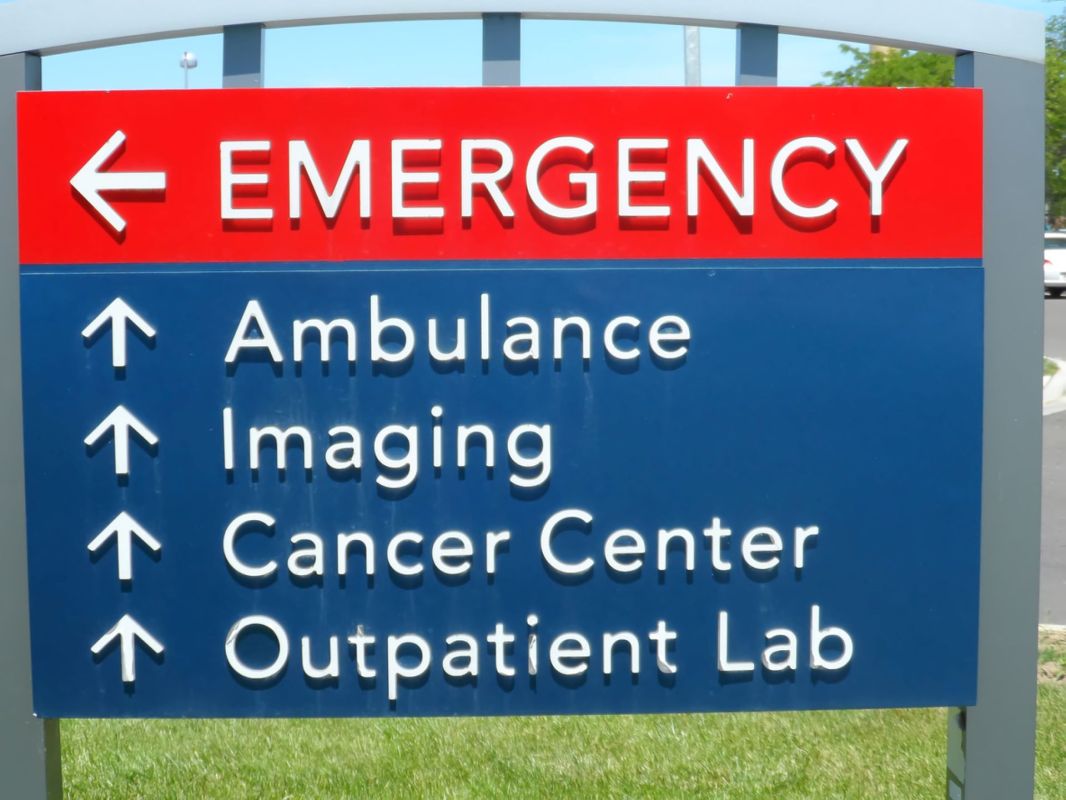Where there's smoke, there's fire, and — as a new study by the Centers for Disease Control and Prevention has shown — there's also an uptick in asthma attacks.
What's happening?
Emergency room trips for asthma cases in the United States exceeded the typical number of reported visits by 17% during a 19-day period between April 30 and August 4 due to smoke from this year's Canadian wildfires, as reported by Bloomberg.
According to the Asthma and Allergy Foundation of America, nearly 26 million people in the U.S. — or 1 in 13 — have asthma. Small pollution particles, like those that exist in wildfire smoke, worsen the condition.
The CDC researchers analyzed data from the National Syndromic Surveillance Program to look at asthma-related ER visits on days with wildfire smoke compared with days without over a roughly three-month period.
The data showed that New Jersey and New York experienced the most significant increases, with 364 excess visits in the region from June 6 through June 8, Bloomberg reported.
"As wildfires and wildfire smoke increase across the United States, symptoms of wildfire smoke exposure are of increasing public health concern," the report said.
Why is this increase concerning?
This year was the worst wildfire season in Canada's history, with over 37 million acres lost already, Bloomberg reports. Other areas, like Maui, have also experienced devastating fires, and the smoke from these fires can travel long distances, even affecting people in other countries.
Our planet's overheating, driven by human activities, is causing an increase in both the frequency and severity of wildfires and other extreme weather events. The effects of wildfires will be even more severe as Earth continues to overheat dangerously.
Asthma isn't the only health concern when it comes to wildfire smoke. According to the Environmental Protection Agency, the smoke has also been linked to increases in other pulmonary issues, heart attacks, heart failures, and strokes.
What can we do to stay safe from wildfire smoke?
If you're in an area affected by wildfire smoke, the CDC recommends staying inside with an air filter running as much as possible. If you must go outside, wear a respirator to avoid breathing in the smoke.
On a larger scale, we must all work to slow the overheating of our planet and lessen the frequency and effects of extreme weather events like wildfires.
We can do this by integrating clean energy like solar or wind into our lives, replacing old appliances with new energy-efficient models, and limiting our burning of dirty fuels by taking public transportation, riding a bike, or upgrading to an electric vehicle.
Join our free newsletter for cool news and actionable info that makes it easy to help yourself while helping the planet.









